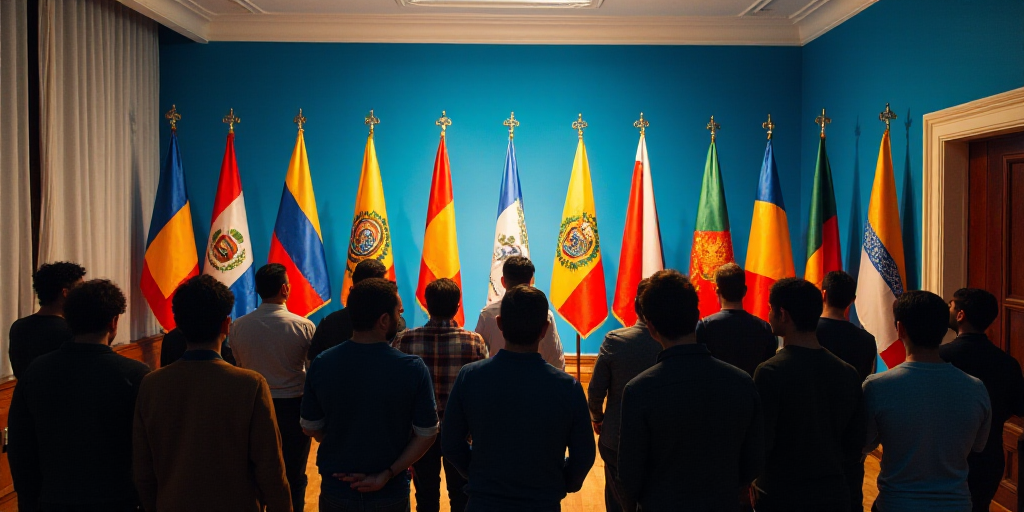Introduction
On Monday, the European Union (EU) and Central American countries held their first ministerial meeting of the Association Council, agreeing to broaden trade exchange between the two regions.
Key Participants
The meeting was coordinated by the EU’s head of diplomacy, Estonia’s Kaja Kallas. She welcomed the opening of “a new chapter in EU-Central America relations” on social media.
The ministers present included Arnoldo André Tinoco (Costa Rica), Alexandra Hill (El Salvador), and Carlos Ramiro Martínez (Guatemala). Representatives from Honduras, Nicaragua, and Panama were also in attendance, along with Lars Rasmussen, Denmark’s foreign minister, who currently holds the rotating EU Council presidency.
Agenda and Achievements
According to Kallas, the two blocs discussed “urgent geopolitical matters, promoted cooperation, and agreed to expand investment and trade.”
The Joint Statement released at the end of the meeting, however, hinted at challenges in dialogue between the two parties.
“The EU and Central American countries agreed to find common ground to address geopolitical challenges,” the statement read.
The statement also noted that trade between the two regions increased from €8.7 billion in 2012 to €22 billion in 2023.
Key Questions and Answers
- Who attended the meeting? The ministers from Costa Rica, El Salvador, Guatemala, Honduras, Nicaragua, Panama, and Denmark attended the meeting.
- What was the main topic of discussion? The main topics included urgent geopolitical matters, cooperation promotion, and expanding investment and trade.
- What challenges were acknowledged? The statement hinted at difficulties in dialogue between the EU and Central American countries.
- How has trade evolved between the two regions? Trade between the EU and Central American countries grew from €8.7 billion in 2012 to €22 billion in 2023.
Context and Relevance
Kaja Kallas, as the head of EU diplomacy, plays a crucial role in shaping the bloc’s international relations. Her involvement in this meeting signifies the EU’s commitment to strengthening ties with Central American countries.
The participating Central American nations—Costa Rica, El Salvador, Guatemala, Honduras, Nicaragua, and Panama—are significant due to their strategic geographical locations and growing economies. Their collaboration with the EU can lead to increased trade, investment, and regional stability.
Denmark’s participation through its rotating EU Council presidency further emphasizes the importance of this meeting. The joint efforts aim to tackle geopolitical challenges and foster a more robust partnership between the EU and Central America.






